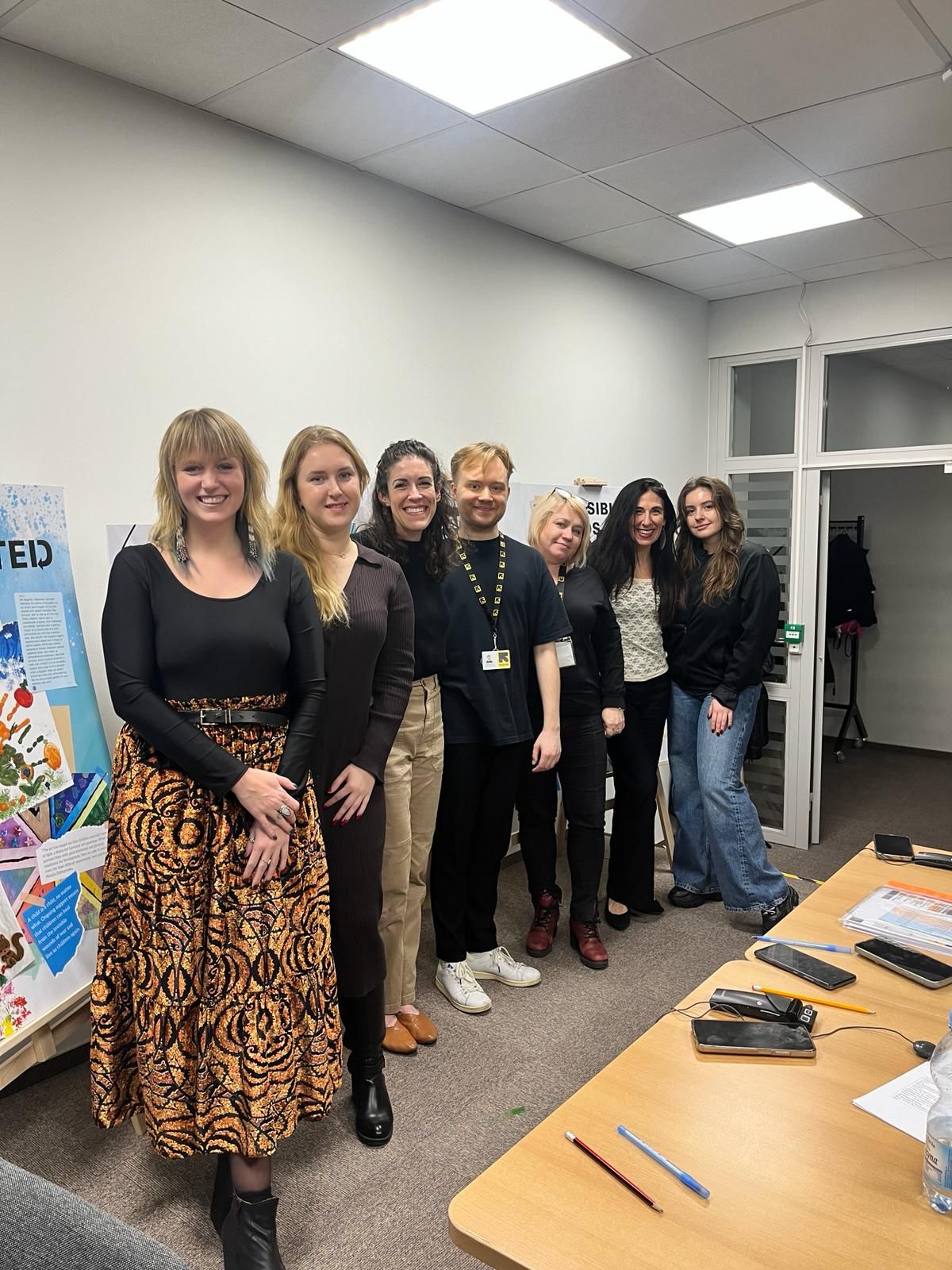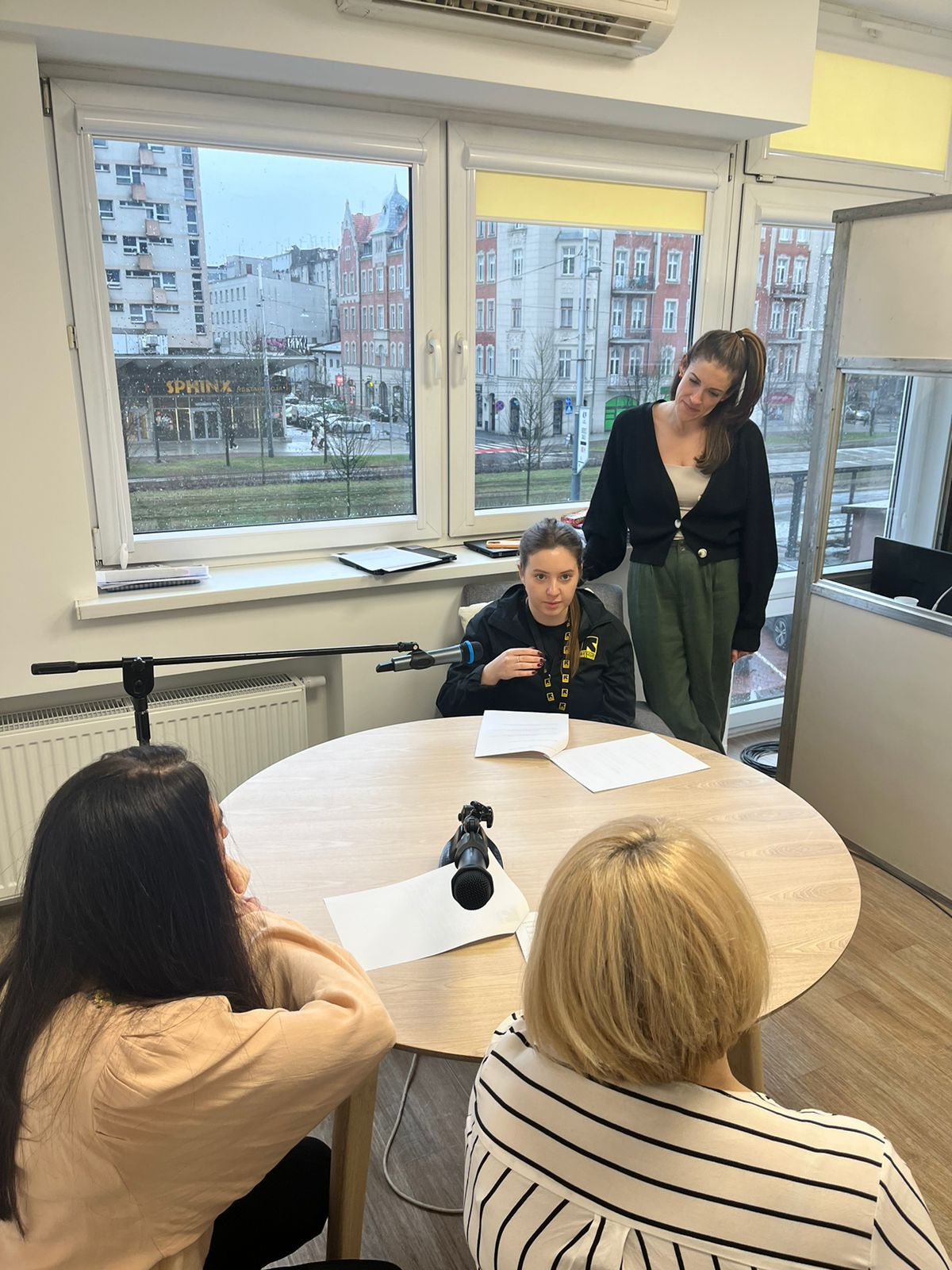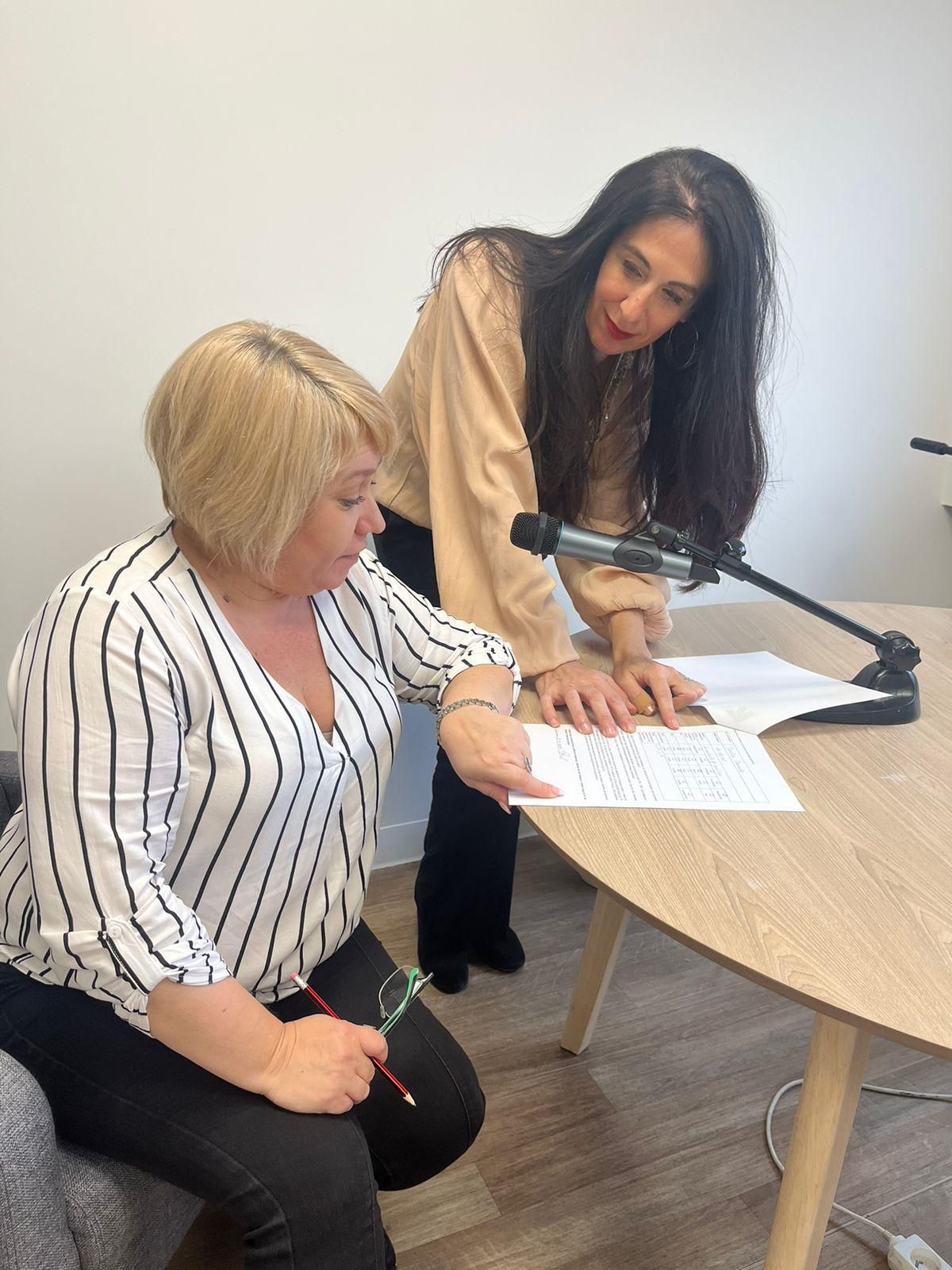Amid the second anniversary of Russia’s invasion of Ukraine, as attention falls not only on geopolitical maneuvers but also on the human toll of displacement, Brown School scholars Lindsay Stark and IIana Seff are working to adapt a refugee assessment and support tool for Ukrainian refugees in Poland.
Poland has emerged as a key destination for Ukrainian refugees, currently hosting nearly 1 million of the more than 6 million Ukrainians displaced across Europe.
Stark, a professor, and Seff, a research assistant professor, both at the Brown School, recently returned from Poland, where they were collaborating closely with the International Rescue Committee (IRC) as part of their ongoing work with the Refugee Self-Reliance Initiative (RSRI), a multi-stakeholder initiative dedicated to advancing self-reliance opportunities for refugees worldwide.
Their prior work with the RSRI saw Stark and Seff make significant contributions to the development of the Self-Reliance Index (SRI), a comprehensive tool that assesses refugee households’ progress toward self-reliance. Spanning domains such as housing, food security, health, education, employment, safety, and social capital, the SRI facilitates tailored support and interventions while simultaneously enabling the tracking of refugees’ progress over time. It has been adopted by more than 50 humanitarian agencies in 26 countries and counting.
Now, Stark and Seff are working to adapt the SRI for Poland, representing the first implementation of the tool in a high-income setting. Stark stresses the significance of adapting the tool to suit the context of Poland and similar high-income refugee-receiving environments.
“This isn’t just about assessment; it’s about adaptation,” said Stark. “Applying the tool in this setting has helped us think about ways in which we might adapt the instrument to better fit Poland and other high-income refugee-receiving contexts.”



High-income settings like Poland present unique challenges and opportunities, necessitating flexible approaches to refugee assistance. While certain issues, such as food security, may be less acute, others, like government subsidies and online education for children, emerge as new and crucial considerations.
The efforts of Stark and Seff to refine and tailor the SRI underscore the importance of adaptable approaches in ensuring the relevance and effectiveness of interventions across diverse contexts. Their work not only sheds light on the evolving field of refugee support but also underscores the transformative impact of research-driven initiatives in fostering the resilience and autonomy of displaced populations.
